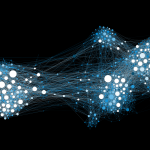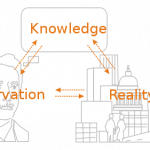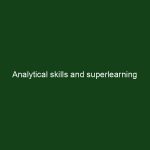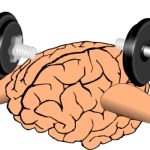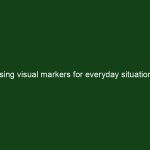When you learn visual markers you also learn visualization skills. At the beginning the visualization is weak, good enough to produce schematic objects, then the objects become alive highly detailed and animated, until finally you can imagine whole landscapes. The skill of imagining in great details whole landscapes is very valuable. If you love fantasy/sci-fi …
Having fun with visual markers
One of the things we teach is having fun with visualization. We show plenty of examples, and then the students always say: “I am not that creative”. Well, guess what – nobody is THAT creative. We learn to be creative with markers, we are not born this way. The first thing Anna usually teaches after …
“Colouring” the text you read
Sometimes the text I read is heterogeneous and addresses the issues from many points. To keep track of various perspective I “colour” the text according to the dominant perspective of each paragraph. I try to follow the “colours” in the visualization themes and I try to be capable to reproduce the article photographically with “colour” …
Knowledge and its support
This is a common mistake, a mistake that I do, and I do it even now after many years of training… Taking things that I know for granted… What facts support our knowledge? What resources do we use? Who are the authority figures behind current paradigm? What was the previous paradigm? Probably nothing is truly …
Analytical skills and superlearning
When teaching the advanced material of high-level visualization we put a great emphasis on analytical skills. This skill is required to eliminate introduction of false knowledge. False knowledge is generated when we build inaccurate markers not supported by text. We teach to eliminate false markers only after the students can generate and replace visualiations without …
Brain science and reading
Being an engineer and having some understanding of brain activity, I enjoy comparing brain to an electronic device. Many complex electronic devices I work with have the following 3 elements: CPU to handle complex logic, GPU to analyse a lot of simple and repetitive information in a fast and parallel form and dedicated RTL circuitry …
Using visual markers for everyday situations
Visual markers are useful not only for superlearning, but also for everyday life. Visual markers are a simple and effective mnemonic device for almost any everyday situation. The example of not finding your keys is getting really old, yet we will mention it once again. If you lost your keys, it means you did not …
Continue reading “Using visual markers for everyday situations”
Perfectionists’ dilemma
Being a perfectionist is really hard. Nothing short of perfect is just good enough, so everything requires immense efforts. This could work successfully for a kid, but a grown-up needs to balance activities. Having a responsible job we need to balance three simple things: delivery time, quality of work, effort invested. The same three criteria …
Speed-writing
I promised to explain a bit the super-writing idea. During my PhD I had a class on scientific writing. During the class the professor was focused on various ways of speeding up word processors and blind typing, but some of the lectures were actually useful. He explained that you write the document once, but hundreds …
Spaced repetitions toolset
We teach spaced repetition all the time, yet I do not know how to make them a generic tool for every student. The main challenge here is finding balance between effort of learning, complexity of the material and motivation to know. Yet it does not matter which strategy you choose, you can use the same …

